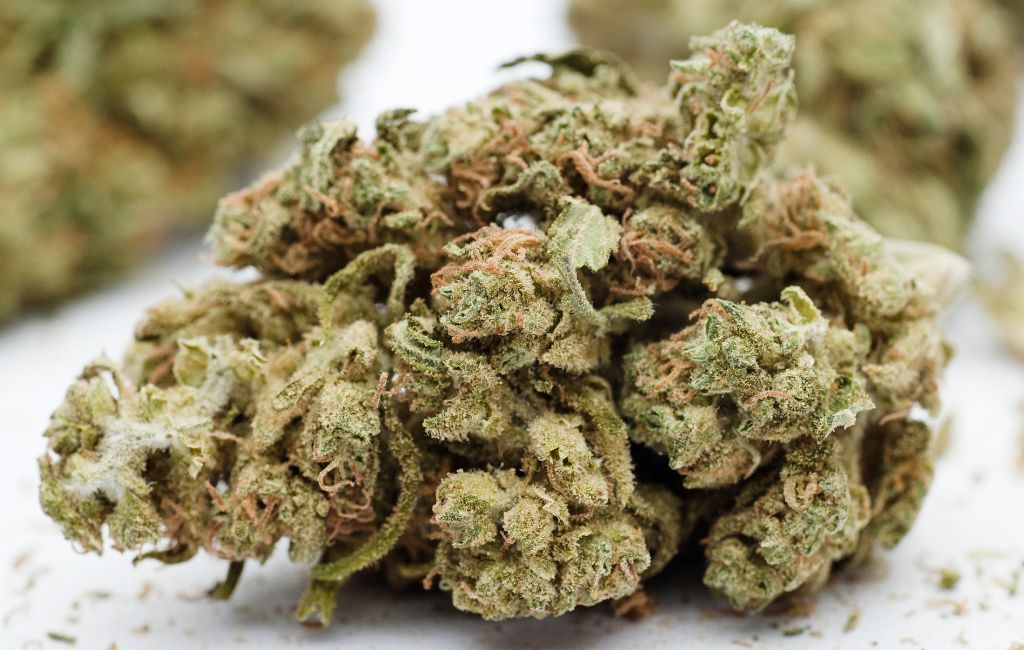Top THCa Flower Benefits for Health and Wellness
In recent years, the interest in cannabis and its derivatives has surged, with many seeking natural alternatives for health and wellness. Among the various compounds found in cannabis, THCa (tetrahydrocannabinolic acid) has gained attention for its potential benefits. Unlike THC, THCa is non-psychoactive, making it an appealing option for those looking to harness the therapeutic properties of cannabis without the high. In this article, we will discuss the Top THCa Flower Benefits for Health and Wellness.
Understanding THCa
THCa is a cannabinoid found in raw and live cannabis plants. It is the precursor to THC, the compound responsible for the psychoactive effects of cannabis. When cannabis is heated through smoking, vaping, or cooking, THCa converts to THC. This process, known as decarboxylation, is what gives cannabis its psychoactive properties. However, when consumed in its raw form, THCa offers a range of potential health benefits without altering the mind.
How THCa Works
THCa interacts with the body’s endocannabinoid system (ECS), a complex cell-signaling system that plays a role in regulating various physiological processes. While THCa does not bind directly to cannabinoid receptors like THC, it influences the ECS in other ways, potentially offering therapeutic effects.
Potential Health Benefits of THCa
Research into THCa is still in its early stages, but preliminary studies and anecdotal evidence suggest several potential health benefits:
- Anti-inflammatory Properties: THCa may help reduce inflammation, making it a potential option for those with inflammatory conditions such as arthritis or inflammatory bowel disease.
- Neuroprotective Effects: Some studies suggest that THCa may have neuroprotective properties, which could be beneficial for neurodegenerative diseases like Alzheimer’s and Parkinson’s.
- Anti-emetic Benefits: THCa may help alleviate nausea and vomiting, which can be particularly beneficial for individuals undergoing chemotherapy or those with chronic conditions that cause nausea.
- Antioxidant Properties: As an antioxidant, THCa may help protect cells from oxidative stress and damage, contributing to overall health and wellness.
Case Studies and Research
While comprehensive clinical trials are limited, several studies have highlighted the potential of THCa:
- A 2013 study published in the British Journal of Pharmacology found that THCa exhibited anti-inflammatory properties in animal models, suggesting its potential for treating inflammatory conditions.
- Research published in the Journal of Neuroimmune Pharmacology in 2017 indicated that THCa might have neuroprotective effects, offering hope for those with neurodegenerative diseases.
- Anecdotal evidence from patients using THCa-rich cannabis products has reported relief from nausea and improved appetite, particularly in cancer patients undergoing chemotherapy.
Incorporating THCa into Your Wellness Routine
For those interested in exploring the benefits of THCa, there are several ways to incorporate it into a wellness routine:
- Raw Cannabis Juicing: Juicing raw cannabis leaves and flowers is a popular method for consuming THCa. This method preserves the cannabinoid in its natural form, allowing users to benefit from its properties without psychoactive effects.
- THCa Tinctures and Oils: These products are designed to deliver THCa in a concentrated form. They can be taken sublingually or added to foods and beverages.
- Topical Applications: THCa-infused creams and balms can be applied directly to the skin, offering localized relief for inflammation and pain.
Considerations and Precautions
While THCa offers promising benefits, it’s important to approach its use with care:
- Consult with a Healthcare Professional: Before incorporating THCa into your routine, especially if you have existing health conditions or are taking medications, consult with a healthcare provider.
- Source Quality Products: Ensure that you are using high-quality, lab-tested products to avoid contaminants and ensure accurate dosing.
- Understand Legalities: The legal status of cannabis and its derivatives varies by region. Be aware of local laws and regulations regarding THCa use.
Conclusion
THCa presents a promising avenue for those seeking natural alternatives for health and wellness. With its potential anti-inflammatory, neuroprotective, and anti-emetic properties, it offers a range of benefits without the psychoactive effects associated with THC. As research continues to evolve, THCa may become an increasingly valuable component of holistic health practices. For those interested in exploring its benefits, consulting with healthcare professionals and sourcing quality products are key steps in integrating THCa into a wellness routine.
